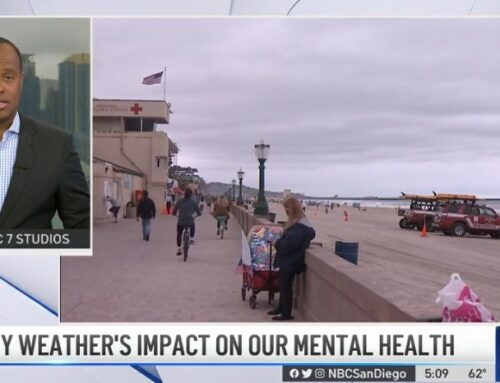We all have inherent strategies for coping. Coping Strategies are especially important in times of crisis, because they keep us feeling safe and in control of our feelings.
One of the most underutilized tools in relationships is knowing what your loved one’s strategies are.
If you know their strategies, then you will be able to work out how to support your loved ones in this time of crisis. Comfort will look different to different people. Chances are you’ve already talked to your loved ones about how they handle stress, as we talked about in our last post. Click here to view great conversation starters to talk about stress with your families. But learning coping strategies adds another tool in your toolkit to help you better understand your relationships, and so that you know what to do to be effective and helpful in the emotional lives of your loved ones during this time. There are 3 more common strategies that I want to discuss with you briefly. We will have a blog breakdown of each of these, with this first one going over what a secure coping strategy typically looks like in relationships.
The 3 Common Coping Strategies Are: Secure, Anxious or Withdrawn.
Some folks have Secure Strategies which means they feel a range of feelings, but to a more limited degree than those with anxious strategies. They tend to be more hopeful and to have better problem-solving abilities as well as abilities to be creative when things are tough. They feel confident in sharing openly how they are doing, and they tend to have people that they can talk to in times of distress, and so they get more comfort and support. They are also soothed more easily and more quickly. They “bounce back”.
I think of my youngest daughter who will easily jump onto my lap and say exactly what she needs in that moment, for example, “Mommy, I need a hug”. But then the moment she feels better, she’ll be on her way again. If you’re a parent to a secure child, you are likely to know exactly how they are doing and this is because they let you know. Just because they are a have a secure coping strategy, doesn’t mean that they don’t have times they experience the other range of feelings and deal with crisis in negative ways. The secure strategy is the most flexible one, so people with secure might sometimes withdraw and other times be anxious. But overall they are able to find balance.




